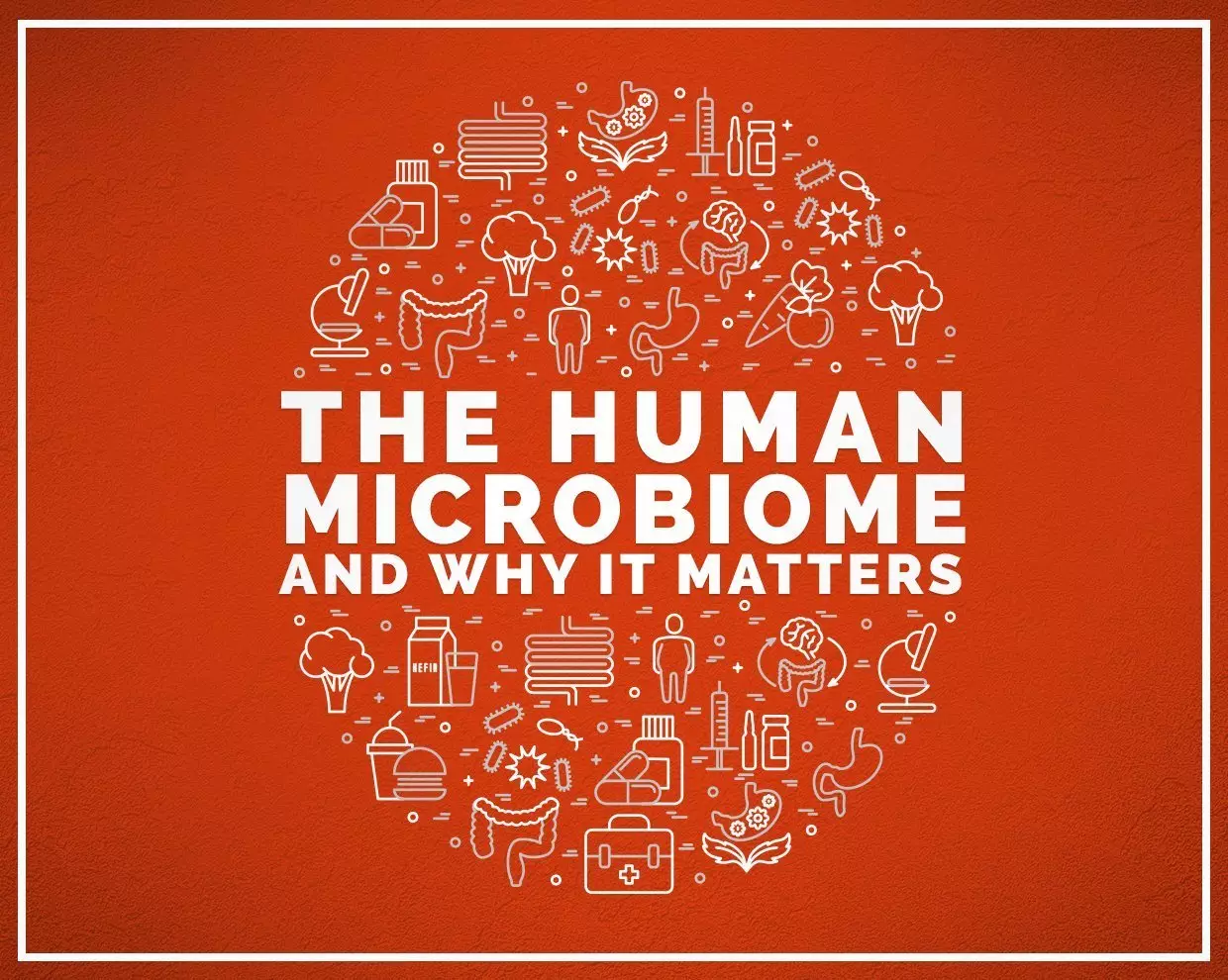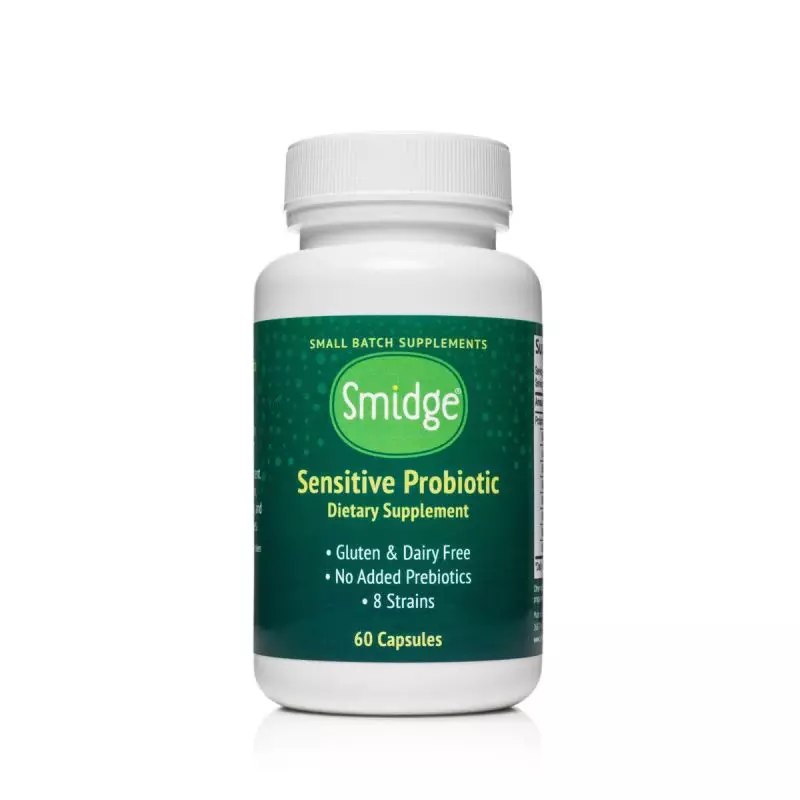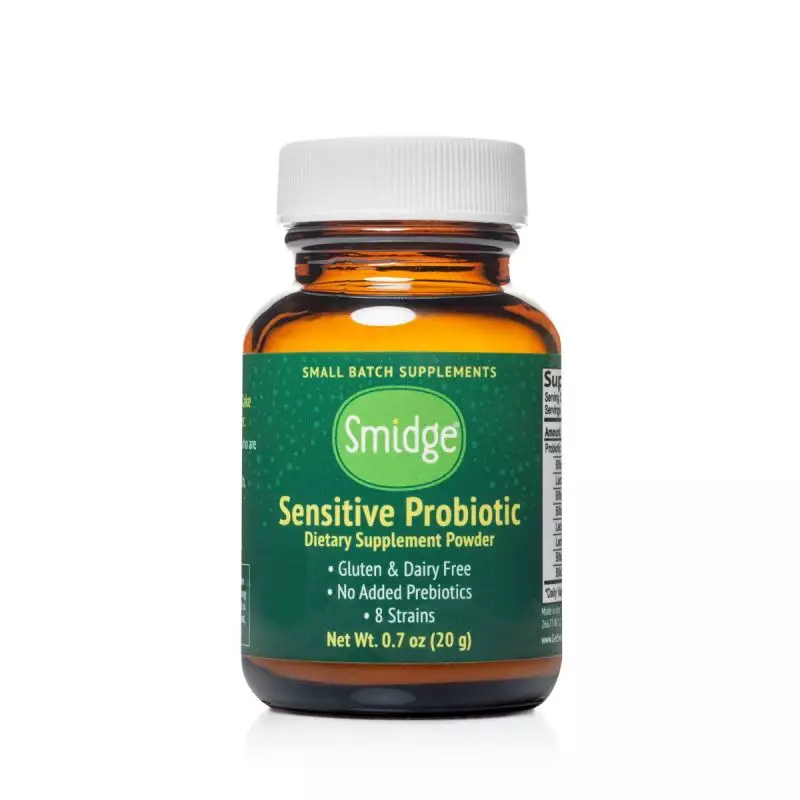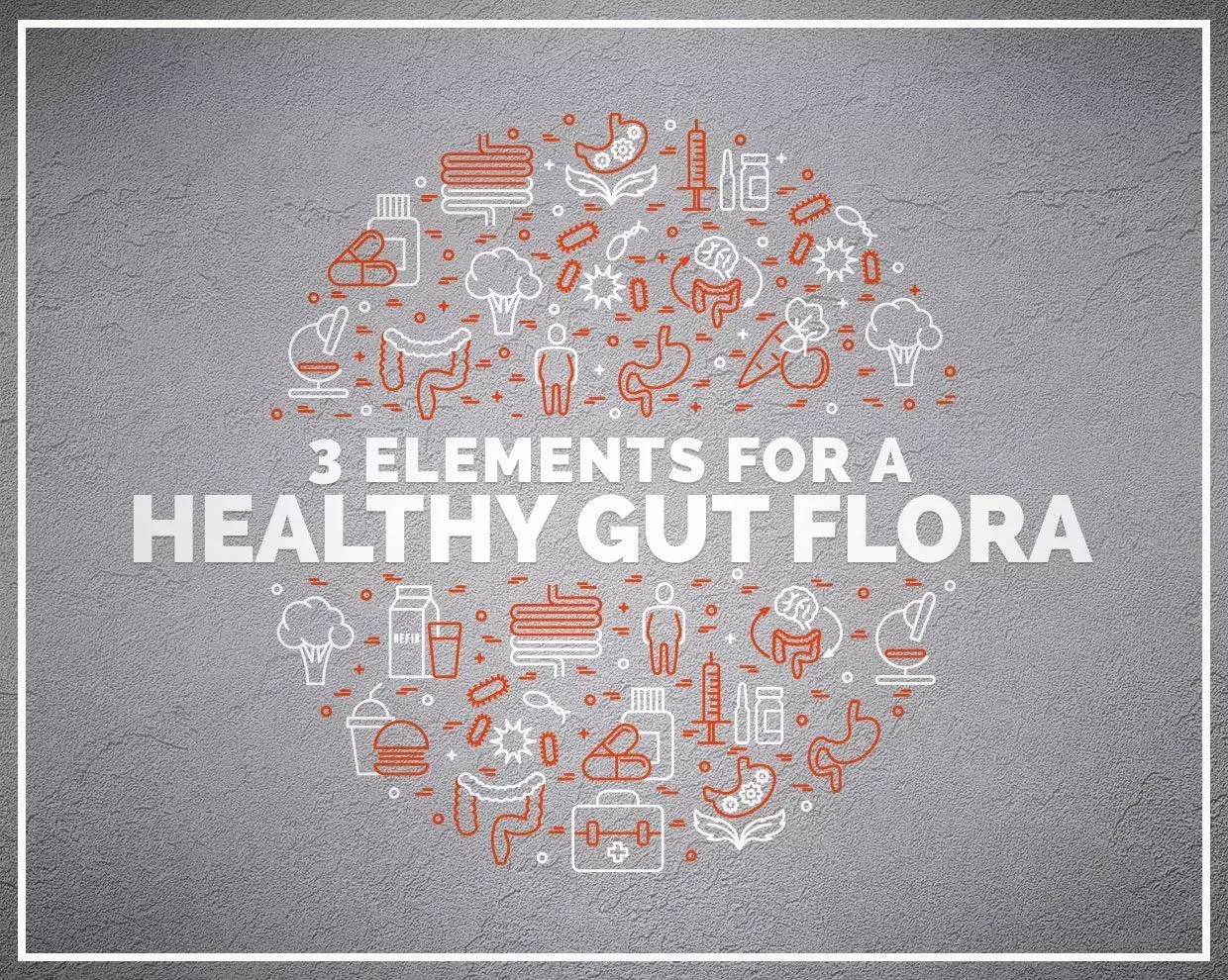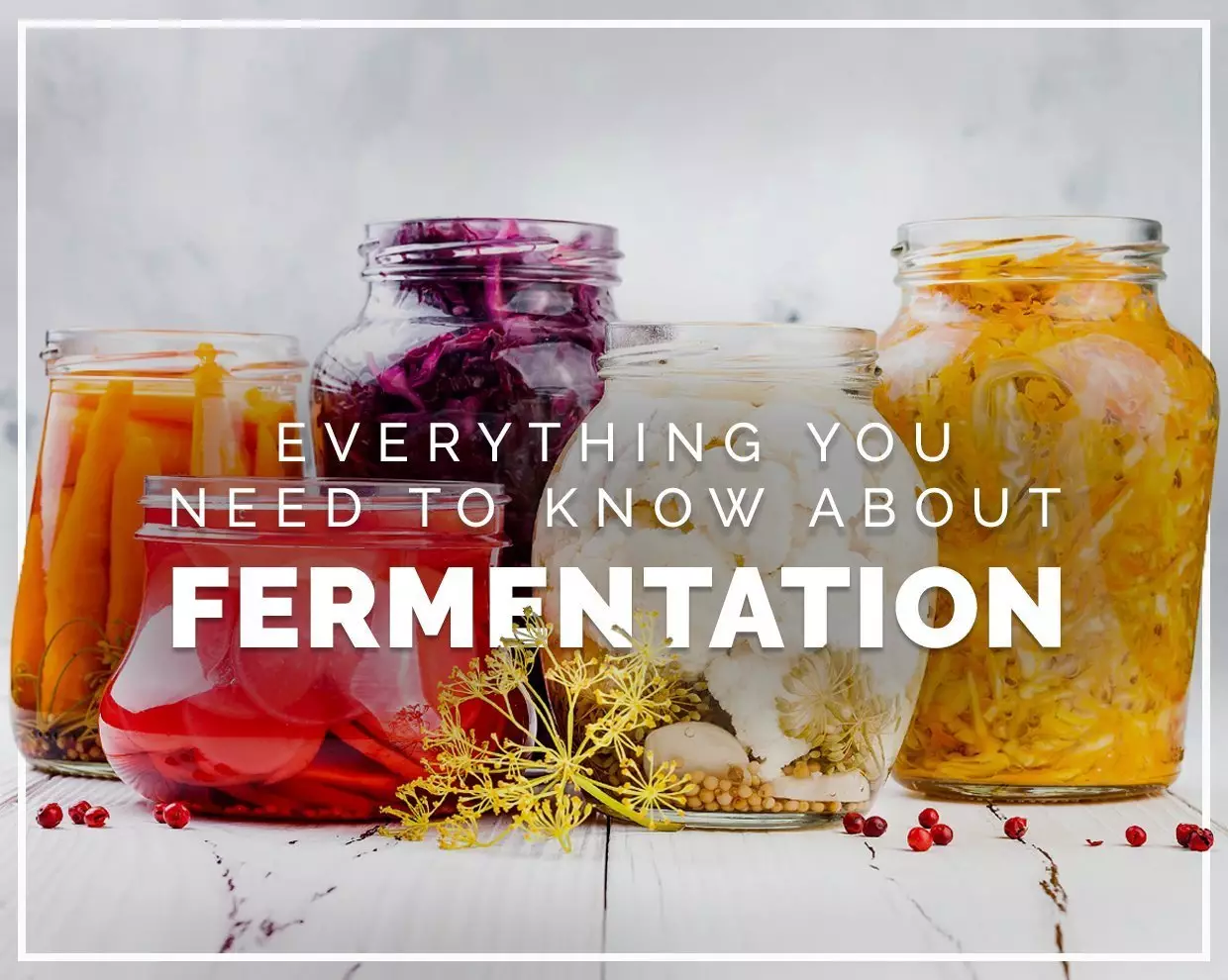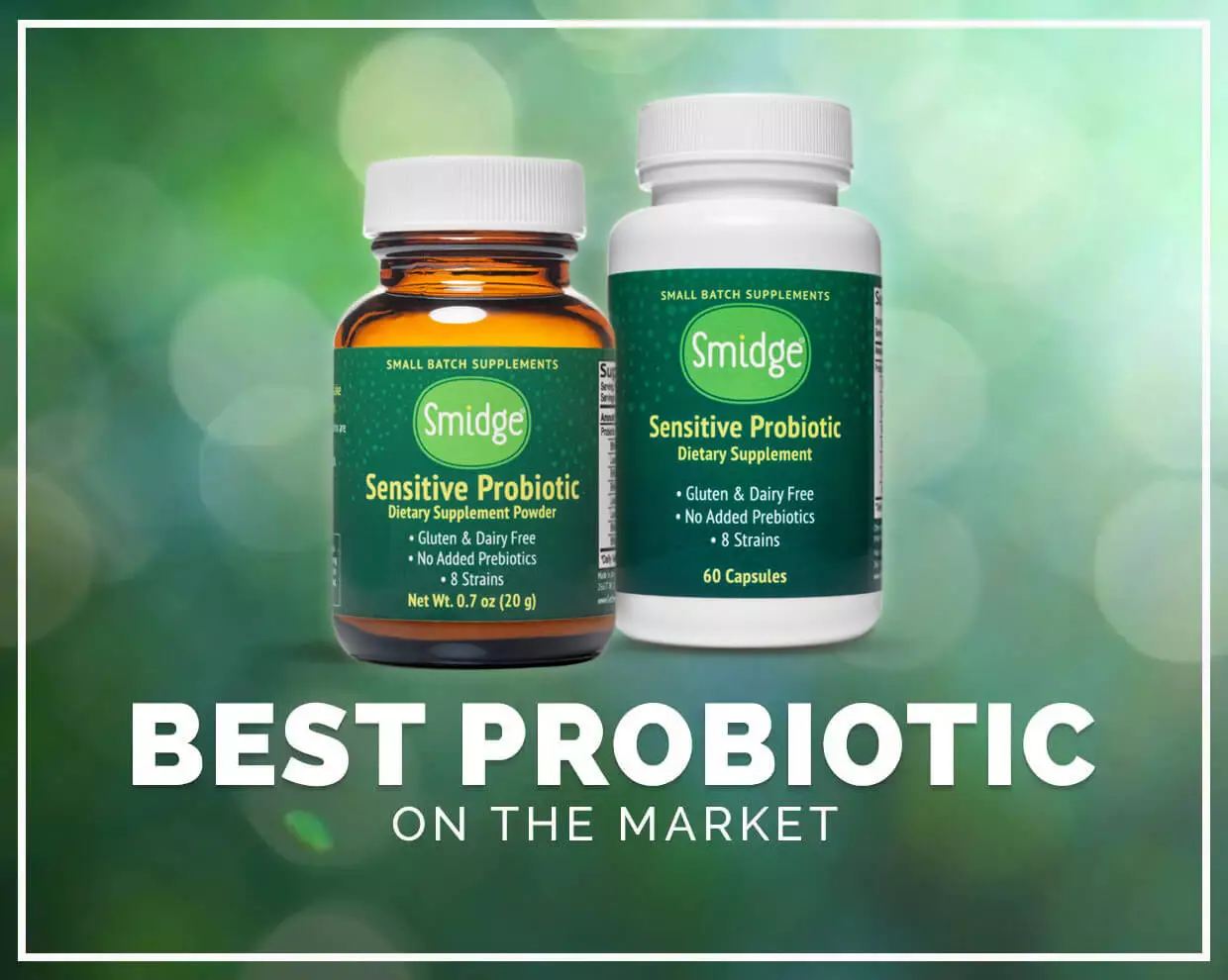What is the microbiome?
There are trillions of bacteria, viruses, fungi and other microbes living in your gut, up your nose, in your mouth and on your skin. These tiny organisms make up the human microbiome.
Our human cells are outnumbered by these microorganisms by a factor of 10-1*(1). However due to their tiny size, the microbes that make up your microbiome contribute just 1-3% of your body mass, estimated to weigh around 2kgs for most people.
Your own unique collection of microbes have a profound impact on your health and wellbeing, as well as your susceptibility to disease. We are dependant on the microbiome to break down nutrients and help us synthesize certain vitamins and amino acids. The microbiome also plays an important role in regulating our immune system.
New research has uncovered some surprising insights into the human microbiome. Some of these insights come directly from the Human Microbiome Project**(2). Here we outline 5 key insights into the human microbiome and its role in health and disease.
Insight #1. Without our microbiome, we couldn’t get the nutrients we need to survive
Our microbiota make certain essential vitamins and amino acids that our own genome cannot create. These include vitamin K2, which is synthesised by intestinal microbes and is required for blood clotting and coagulation(3). We also rely on our microbiome to synthesize Vitamin B7 (a.k.a. Biotin), which is used in maintaining blood sugar levels, and is an important part of your natural energy cycle.
Within the gut microbiome you will find sugar degrading enzymes which aid digestion. Without these we could not break down plant foods including complex carbohydrates. Dietary fibers such as starch and non-starch ‘polysaccharides’ (a type of complex carbohydrate) cannot be metabolised by our human genes, but instead provide food for our microbes(4). These are referred to as prebiotics, which we have written more about here.
Similarly, a newborn baby is unable to break down the complex sugars in breast milk. This is extraordinary when you consider that many scientists believe the womb is a ‘sterile’ environment with the microbiome developing from birth onwards(5). Researchers now believe the complex sugars found in breastmilk have evolved to help develop a healthy and balanced ecosystem in the infant microbiome(6).
Insight #2. The gut microbiome changes depending on what you eat
There are distinct differences between the microbiome of vegans, vegetarians, omnivores and carnivores. The balance of macronutrient levels in our diet (i.e. fats, protein and carbohydrates) also impacts on the microbial communities found in the gut. For example, a high fat diet has been shown in animal models to lead to an increase in Lactobacillaceae and a decrease in Clostridiaceae bacterial strains.
Further research has shown that significant changes in your diet will cause rapid changes in the microbial populations in your gut. It takes just a few days for the community of microbes and their gene expression to shift following a change from plant-based to an omnivore diet (or vice-versa)(7). This research shows that gut flora is very sensitive to changes in the foods we eat, although more research is needed to find out whether specific foods or diets can help to create a ‘healthier’ microbiome. Overall it is clear that the food we eat modulates the populations of microbes throughout the intestinal tract.
Insight #3. Nearly everyone carries pathogenic microbes
One of the more surprising findings about our microbiome is that almost all of us routinely carry pathogens, such as bacteria and viruses which are known to cause illness. In a healthy microbiome, these pathogenic microbes don’t cause disease or infection, they appear to ‘coexist’ and are thought to work in equilibrium with the overall ecosystem.
Researchers are now looking at why these pathogens turn deadly in some situations but not in others. The concept that the microbiome is working in equilibrium is a conceptual shift in our understanding of what causes infectious diseases. Although it is still a relatively new treatment, microbiota transplants in humans are being used to successfully treat Clostridioides difficile (C. diff) infections(8). C. diff is a bacterial infection that causes diarrhea and inflammation of the colon, and usually affects people who have recently taken antibiotics.
Insight #4. Your microbiome has its own unique microbial signature, which plays a crucial role in your health and wellbeing
Each person has their own unique microbiology which plays a role everything from how you digest food, to which foods you can eat, to how your metabolism functions. There is a significant variation in how each microbiome is balanced into a healthy state of equilibrium.
Evidence from the Human Microbiome Project suggests that certain microbial roles, for example the breaking down of fats may be conducted by different bacterial strains in different people. Researchers are now looking at what separates a healthy microbiome from an unhealthy or imbalanced microbiome.
Dysbiosis is the medical name for an imbalance in the microbiome of the gut. Dysbiosis is linked with a range of health implications including obesity, digestive issues including IBS(9), diabetes(10), skin issues(11), anxiety and depression(12). Animal studies (in some cases involving the transfer or transplant of microbiota between mice) have been able to establish cause and effect, showing that it is the gut dysbiosis itself that causes the disease.
There are a number of lifestyle factors which can lead to dysbiosis of the gut. The use of antibiotics, while useful in treating severe infections, is a known cause of microbial imbalances. An unhealthy diet, particularly a diet that is high in sugar and processed foods can severely impact your community of microbes. This type of diet also favours bacterial strains that have been shown to hijack your brain and cause cravings for more sweet foods, which leads to weight gain and obesity(13). Other lifestyle challenges such as chronic stress, ongoing sleep loss or not getting enough exercise can all negatively impact your microbiome(14).
Insight #5. Probiotics and fermented foods can help to rebalance the microbiome and improve immune health
One way to help support a healthy microbiome and mitigate some of these lifestyle challenges is through introducing more compatible microbes into your system, in the form of fermented foods or probiotics.
Probiotics have been shown to help re-colonise the gut by introducing microbial strains that are known to have a positive effect on our health. Further studies have shown that even when in transit, probiotics can have a positive impact on gene expression and immune regulation. Research into the use of probiotics after antibiotics is quite mixed, however probiotics can help with a range of health issues including anxiety, depression(15) and digestive issues like IBS(16). Our preferred probiotic is Sensitive Probiotics, which contains the most beneficial and human compatible strains for our gut microbiome, each of which is backed by clinical research. We wrote more about Sensitive Probiotics here.
Fermented foods provide digestive enzymes which make nutrients more bioavailable, as well as containing a natural source of probiotics which are great for a healthy microbiome. If you are doing your own ferments at home, a starter kit can be useful to ensure that you introduce the correct bacterial strains. We wrote more about this here.
--------
We hope these insights have helped you understand more about your own unique microbiome, and the impact this has on your health and wellbeing. We are dependant on our microbes to help us digest food, synthesize certain vitamins, and keep us from getting sick. Nearly all of us carry pathogenic microbes, however these appear to ‘coexist’ and are thought to work in equilibrium with the overall ecosystem. We can help to restore balance by taking care of the lining of the gut, and by introducing beneficial microbial strains in the form of probiotics and fermented foods.
The human microbiome also includes the community of microbes living in your mouth, and the role they play in healthy teeth and gums. Look out for our upcoming post on the skin microbiome, and later on dental health and how to support healthy oral microbiota.
References and further info
1. We note that this figure has been disputed by some in the scientific community, but the latest research points all points to a ratio of 10-1 as being the best estimate based on current science. For further info see: NIH Human Microbiome Project defines normal bacterial makeup of the body
9. Exploring the role of gut bacteria in digestion
10. Understanding the role of the gut ecosystem in diabetes mellitus
11. Pathophysiology of atopic dermatitis: Clinical implications.
12. The impact of microbiota on brain and behavior: mechanisms & therapeutic potential
13. How Gut Bacteria Tell Their Hosts What to Eat
14. The causes of intestinal dysbiosis: a review.
15. Beneficial psychological effects of a probiotic formulation
16. The efficacy of probiotics in the treatment of irritable bowel syndrome: a systematic review

 AU Store
AU Store  UK Store
UK Store NZ Store
NZ Store EU Store
EU Store

